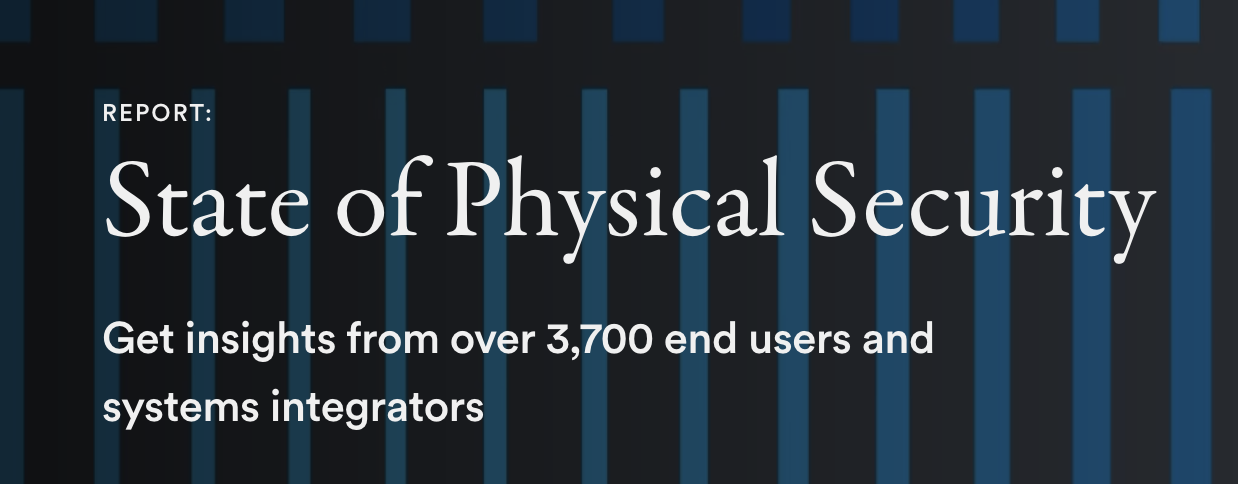Genetec, international technology provider for unified security management, public safety and business intelligence, releases its assessment of the top issues in the physical security market in 2023.
Staff shortages drive demand for unified security solutions
In Genetec’s 2022 State of Physical Security Survey, one in two respondents said security teams had experienced staffing issues in the past year. For 2023, security managers will need to re-evaluate their technology and look for solutions to streamline tasks, automate processes and increase the efficiency of their teams. Unifying video surveillance, access control, automatic number plate recognition, communications technology and other valuable functions can make the job easier and reduce costs and training. Integrated analytics or decision support functions can also further streamline operations.
Modernising access control is a top priority
The survey also shows that 67% of companies plan to invest in access control system (ACS) modernisation in 2023, which is therefore also number one on the physical security technology investment list. Modern systems have integrated cyber defences and condition monitoring tools, as well as a higher level of automation. Upgrading to a modern, open access control system helps companies eliminate the vulnerabilities of legacy systems and better protect themselves against cybersecurity threats.
Hybrid cloud deployments drive demand for cloud-connected appliances
Hybrid cloud deployments are on the rise. Some organisations are looking to save on investment in non-cloud security appliances and infrastructure, while others are struggling with bandwidth limitations or need to keep some data processing and storage on on-premise servers. Genetec expects demand for ready-to-go hybrid cloud appliances to increase as organisations rethink costs, doubts and their approach to cloud migration. This infrastructure will support edge computing workloads, make existing devices cloud-compatible and centralise access to systems and data across many locations.
Optimised cybersecurity remains top priority
More than one in three IT and security professionals (36%) plan to invest in cybersecurity tools to improve physical security, according to the Genetec survey. A holistic, automated approach to countering threats will be a priority, as will proactive planning and procurement of security architectures. These measures may include:
- Replacing legacy equipment before it is impacted by endpoint failures to better mitigate risks.
- Using smart tools to simplify maintenance and metrics for optimised forecasting
- Access external expertise to adjust security architecture planning in the event of supply chain delays
- Standardising solutions designed with cybersecurity and data protection in mind to improve the resilience of the entire partner ecosystem
- A better understanding of accountability will help companies defend themselves against cyber attacks and become a key enabler of business resilience and continuity.
- Other notable trends Genetec expects to see in 2023 include physical security data extraction driving digital transformation, increased collaboration and convergence of IT and physical security teams, and continued remote work driving the need for space utilisation data.
These predictions are based on the Genetec 2022 Survey, which analysed the insights of 3,700 security professionals worldwide, and the experience of Omdia, the industry’s leading provider of video management systems and the fastest-growing and second-largest access control system (ACS) provider in the world, according to market research firm Omdia.
For more information on the Genetec survey, please visit https://www.genetec.com/a/physical-security-report





